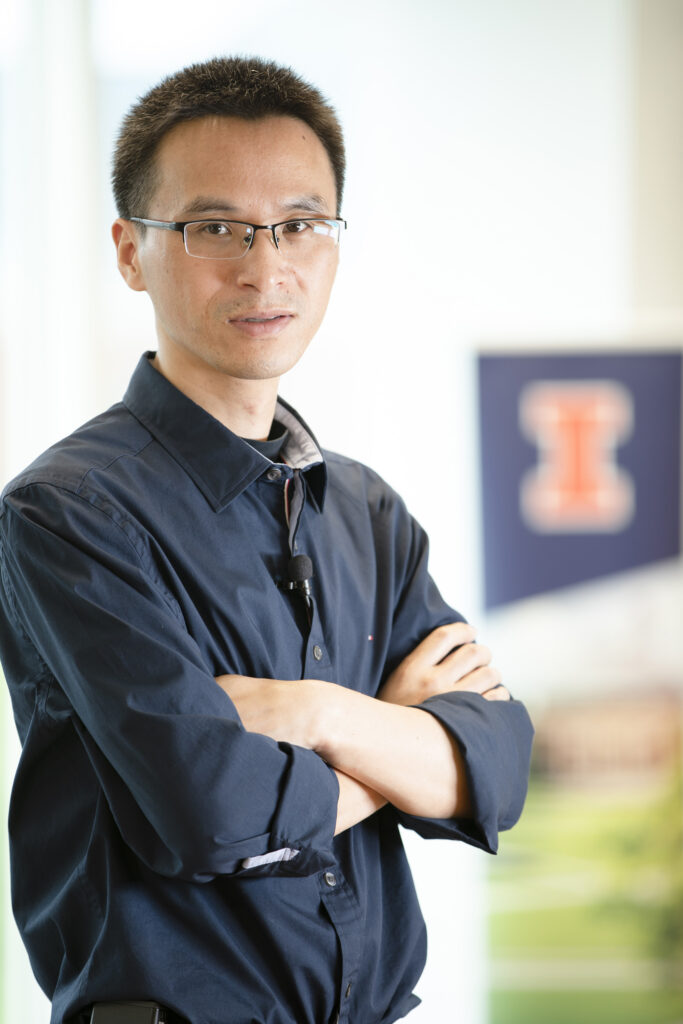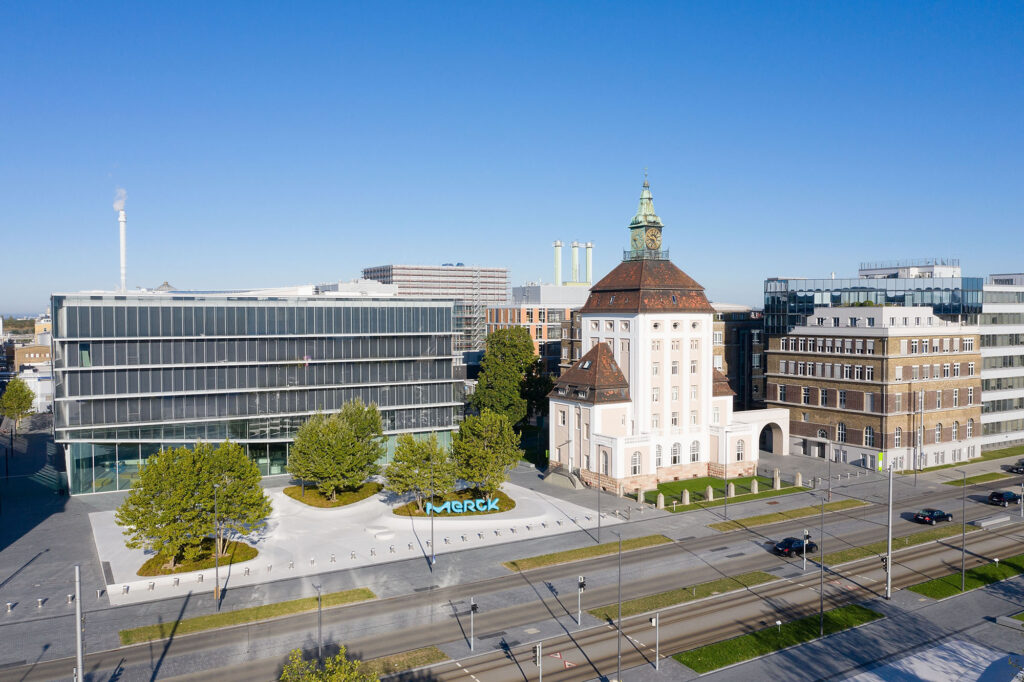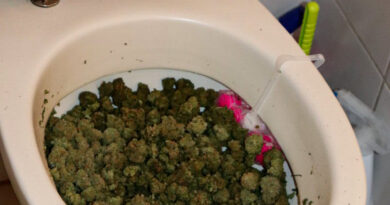US Researchers Receive EUR One Million Prize For Plastic To Food Project
Two US scientists have been awarded a one million Euro prize for creating a food generator concept that turns plastics into protein.
Ting Lu, who is a Professor of Bioengineering at the University of Illinois Urbana-Champaign, and Stephen Techtmann who is an Associate Professor of Biological Sciences at Michigan Technological University have been awarded with the ‘2021 Future Insight Prize’ for their project that uses microbes to degrade plastic waste which is then converted into protein.
The project, which was chosen as the best in the ‘Food Generation’ category, received a EUR one million (GBP 850,000) prize by leading science and technology company Merck from the German city of Darmstadt.

Chair of the Executive Board and CEO of Merck Belen Garijo told Newsflash: “The winners of this year’s Future Insight Prize have created a ground-breaking technology with the potential to generate a safe and sustainable source of food while reducing the environmental harms associated with plastic waste and traditional agricultural methods.”
The CEO added: “We congratulate Ting Lu and Stephen Techtmann for their promising research, and hope that the Future Insight Prize will help to accelerate their efforts.”
The two scientists who named their project “From Waste to Food: A Generator of Future Food” focused on finding an efficient, economical and versatile technology that converts wastes such as end-of-life plastics into edible proteins.

According a Merck spokesperson these foods “contain all the required nutrition, are non-toxic, provide health benefits, and additionally allow for personalization needs.”
The aim of the scientists is to exploit synthetic microbiota which would then convert waste into food.
Ting Lu elaborated: “In my lab, we focus on microbial synthetic biology, which harnesses engineered gene circuits to program microbial cell functionalities for the purpose of uncovering biological design principles and advancing biotechnological applications.”

His colleague Stephen Techtmann added: “Environmental microbes are capable of catalyzing a wide array of chemical reactions, many of which may have industrial applications. My lab studies how complex microbial communities can cooperate to perform functions of industrial interest.”
According to the two scientists their “joint research will allow them to take the plastic waste generated in the world and turn it into something valuable: food and fuel.”
The first winners of the ‘Future Insight Prize’, which was established in 2019, were Pardis Sabeti from Harvard University and the Broad Institute in the US state of Massachusetts and James Crowe from Vanderbilt University Medical Center from the US state of Tennessee for their research focusing on detection and therapy of infectious diseases within the ‘Pandemic Protection’ category.


